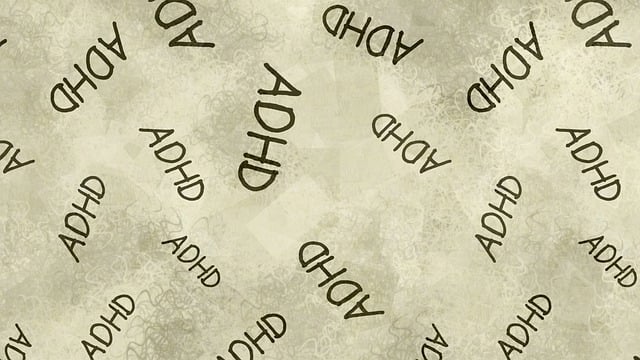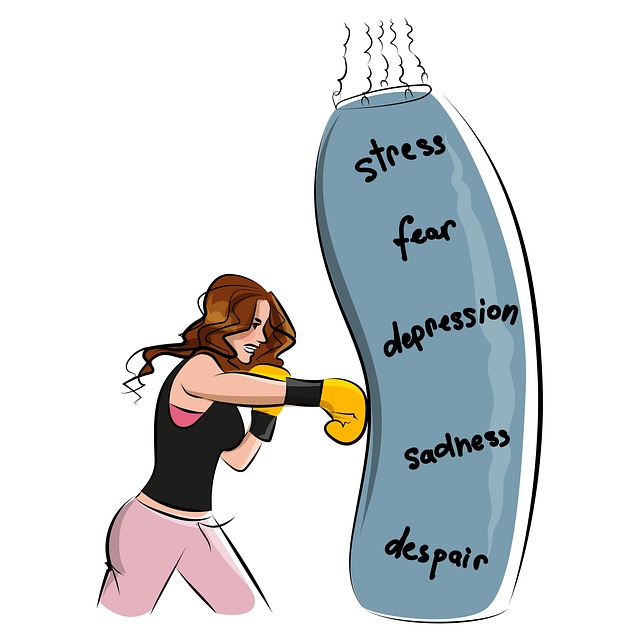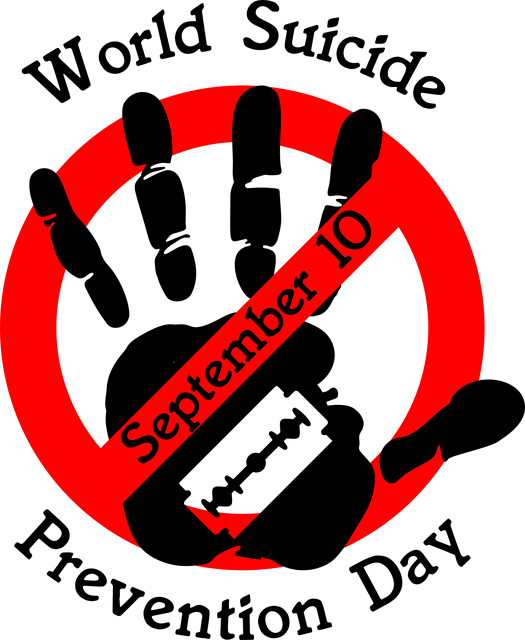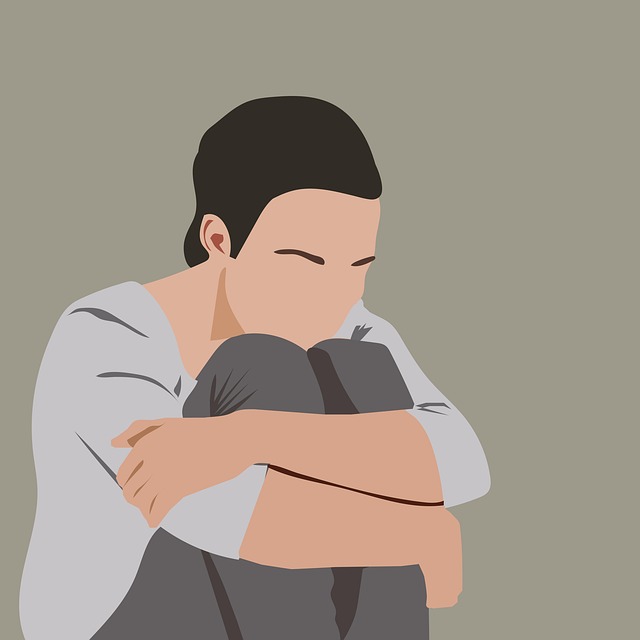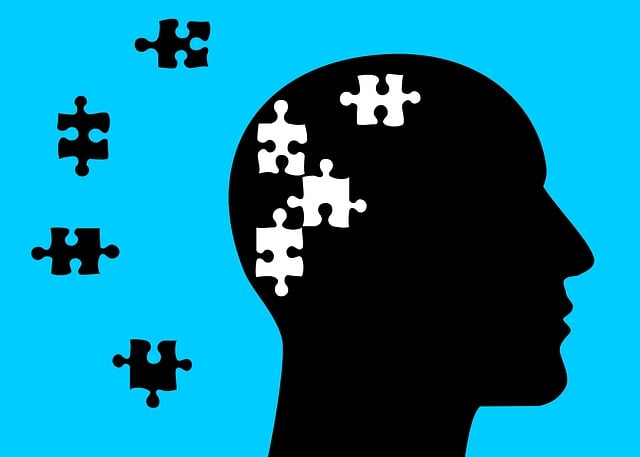Understanding mood regulation is crucial for adolescent teens, especially those facing emotional challenges and stress. Integrated approaches involving therapy (like CBT), self-care routines, and stress management workshops empower teens to manage their emotions effectively. Similarly, tailored mental health strategies, including CBT and Mental Wellness Coaching Programs, address the unique needs of first responders, helping them cope with high-stress job conditions and trauma. These initiatives promote stigma-free discussions on mental health while enhancing emotional stability and well-being for both adolescent teens and critical workers.
Mood regulation is a critical skill, especially for adolescents navigating turbulent emotional landscapes. This article explores effective strategies tailored to two key demographics: adolescent teens and first responders. We delve into understanding mood regulation’s essence for teens, offering targeted strategies for their unique challenges. Additionally, we present evidence-based therapy techniques that mental health professionals can employ. By addressing these groups’ specific needs, we aim to enhance emotional well-being, with a focus on improving lives through tailored therapy for adolescent teens and first responders.
- Understanding Mood Regulation for Adolescent Teens
- Targeted Strategies for First Responders
- Implementing Effective Therapy Techniques
Understanding Mood Regulation for Adolescent Teens

Understanding Mood Regulation for Adolescent Teens
For adolescent teens, mood regulation is a crucial aspect of navigating through the challenges of growing up. The teenage years are often marked by intense emotions and rapidly changing identities, making it essential to develop effective strategies for managing moods. Therapy for adolescent teens plays a pivotal role in this process, providing them with tools to identify and express their feelings healthily. First responders like parents, teachers, and counselors act as key support systems, guiding teens through emotional turbulences and fostering resilience building.
Self-care routine development for better mental health is another vital component. Encouraging regular physical activity, balanced nutrition, and sufficient sleep can significantly impact a teen’s mood stability. Stress management workshops organized by schools or community centers can also equip them with coping mechanisms to handle pressure and anxiety. By integrating these strategies into their daily lives, adolescent teens gain the resilience needed to navigate through emotional ups and downs, fostering better mental health outcomes.
Targeted Strategies for First Responders

First responders, including police officers, firefighters, and paramedics, often face unique challenges that can significantly impact their mental health. The high-stress nature of their jobs exposes them to traumatic events, which can lead to anxiety, depression, and post-traumatic stress disorder (PTSD). Therefore, targeted strategies for this specific group are crucial in promoting resilience and overall well-being.
One effective approach is incorporating therapy tailored for adolescent teens into their support systems. Cognitive Behavioral Therapy (CBT), for instance, has proven beneficial in managing anxiety relief among first responders facing mental illness stigma reduction efforts. Moreover, Mental Wellness Coaching Programs can be developed to offer continuous guidance and support, addressing the rising need for stigma-free mental health discussions. These initiatives aim to foster an environment where seeking help is normalized, ensuring the long-term well-being of these essential workers.
Implementing Effective Therapy Techniques

For adolescent teens, especially those who have experienced trauma or are first responders dealing with high-stress situations, therapy can be a powerful tool for mood regulation. Cognitive Behavioral Therapy (CBT) is one such effective approach that helps individuals identify and change negative thought patterns and behaviors contributing to their emotional distress. By teaching teens techniques like mindfulness and stress management, CBT empowers them to navigate challenging emotions more effectively.
Integrating trauma support services within the therapeutic process is crucial for healing. Techniques such as Eye Movement Desensitization and Reprocessing (EMDR) can aid in processing traumatic memories and reducing their impact on mood regulation. Additionally, conflict resolution techniques play a significant role in teaching teens healthy coping mechanisms for interpersonal challenges, fostering better emotional stability and overall well-being.
Mood regulation is a vital skill, especially for adolescent teens and first responders, who often face intense emotional challenges. By understanding the intricacies of mood control and implementing targeted strategies, individuals can enhance their well-being and resilience. Effective therapy techniques play a crucial role in empowering both teens and first responders to navigate and manage their moods, ultimately leading to improved mental health outcomes. This knowledge is essential for fostering healthier communities and supporting those who are on the frontlines of emotional crises.





